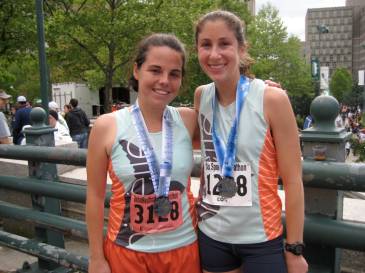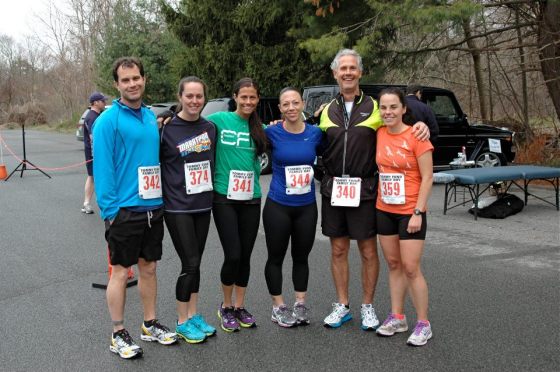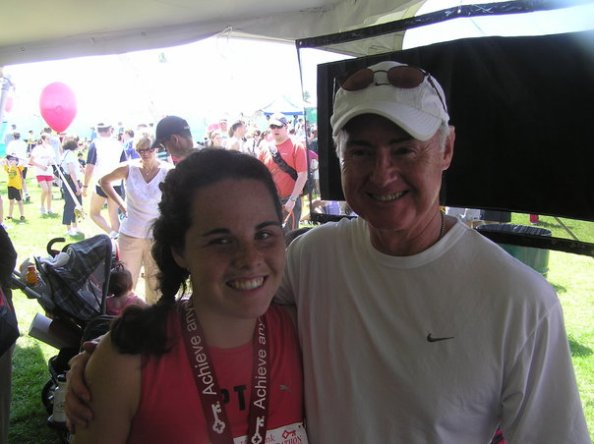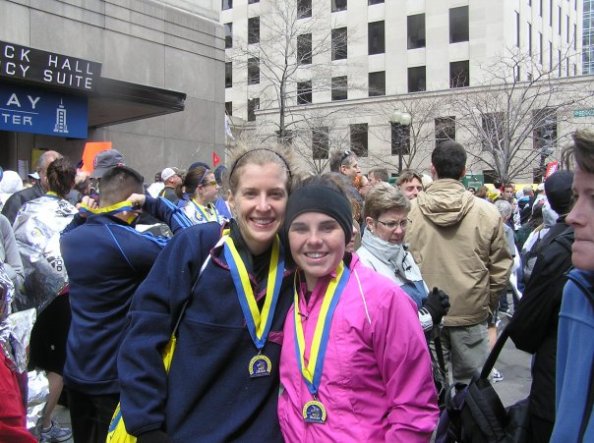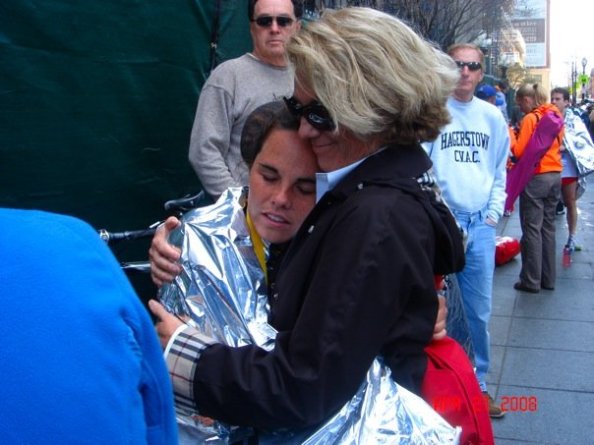I have been thinking a lot about blogging. Specifically, I’ve been thinking about privacy and the internet and teaching and writing and community.
On the one hand, since joining the Oiselle team, I’ve “met” some inspirational, hilarious, kind, tough, smart, fast women. I love hearing about the adventures, runs, and journeys that the women on the team have undertaken, and I’ve found a real sense of community that I’ve really missed since graduating from college and leaving the team aspect of running behind. (This will probably be funny to anyone who remembers my fierce aversion to team bonding activities, matching anything, and any sort of demonstration of “spirit”.) Without the internet, specifically twitter and blogs, I wouldn’t “know” these women in the way I do, and being part of the Oiselle team would just mean wearing a singlet with a bird on it.
At the same time, though, I worry a lot about privacy. It’s hard to write about work, not just because I worry that I’ll say something that might offend a parent or student visiting my blog (though I do worry about that), but also because I don’t want to write about my students in a manner specific enough as to violate their privacy. I think this about my boyfriend, my family, and my friends, too, but the professional responsibility I feel to ensure I do not do this in regards to my students, has the feeling of weightier consequences. The tough thing here is that I love my job, and I spend a lot of time thinking about how to do it better, both for me (in the sense of teaching in a more sustainable way) and for my students. I love reading and writing and coaching and teaching, and I feel lucky that my job involves all of these things. While I do like to imagine a future where I sit writing in coastal Maine silene for hours on end with a black lab at my feet and a cup of coffee in hand, I can’t think of any realistic job I’d rather have.
Teaching, in the abstract, as well as my own school and my own students specifically, is on my mind a lot. I spend a lot of time, as a writer, convincing myself that no one will ever read what I write: that I must write the best I can, and silence the fear of being exposed and made vulnerable by my own words. Often I do manage to write in a deliriously detached sort of vacuum, imagining that the words on the page are all that matter. I’d like to think that this allows me to be more honest about myself, and as a result, produces more honest writing.
At some point, though, writing starts asking to be shared. Writing is about communicating, and when I am proud of something I’ve written, it is often because I think it communicates something I’ve struggled weeks, or even months, to articulate clearly. I wanted other teachers to read my essay about The Prime of Ms. Jean Brodie, and at the same time, publishing it, sharing the link on my facebook page, using my real name, all required accepting the possibility, if not likelihood, that my students might read it, too.
I have been thinking about using the Poets & Writers The Time is Now prompts as a framework for blogging. Each Thursday, these prompts appear in my inbox and I save them, thinking that some time in the next few days I will sit down and write. Perhaps doing so weekly on a blog (this blog? another blog?) might give some structure for my writing as well as some parameters in terms of privacy.
Only slightly related: I hate both the name and the address of this blog. I only just recently realized it sounds like a play on Eat, Pray, Love (which I must admit to not having read), which it is not (though I’m assuming that something about the rhythm of the three verbs sounded familiar). Suggestions?

